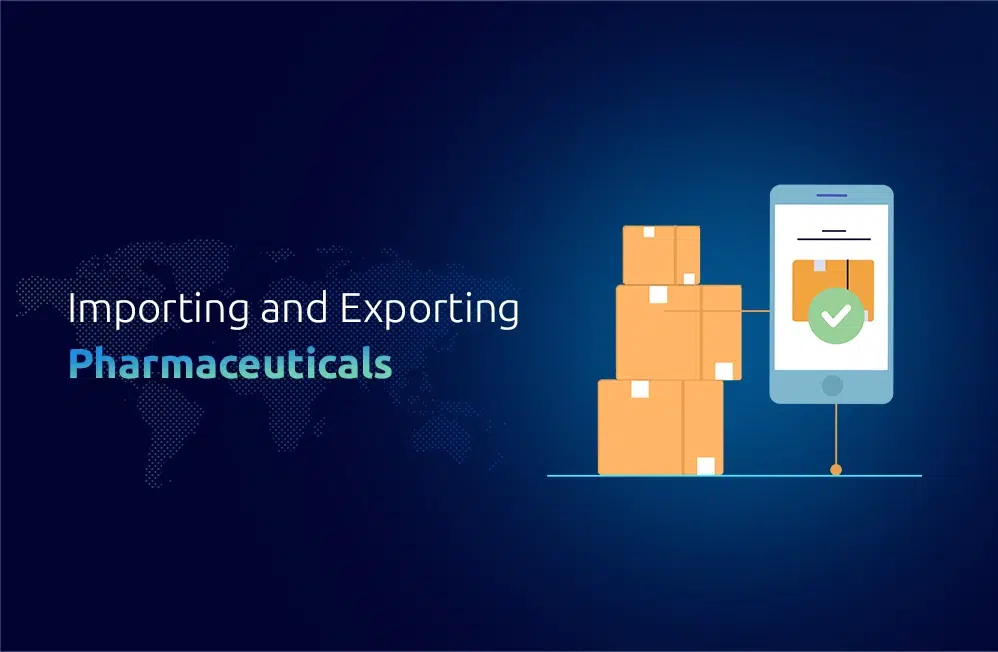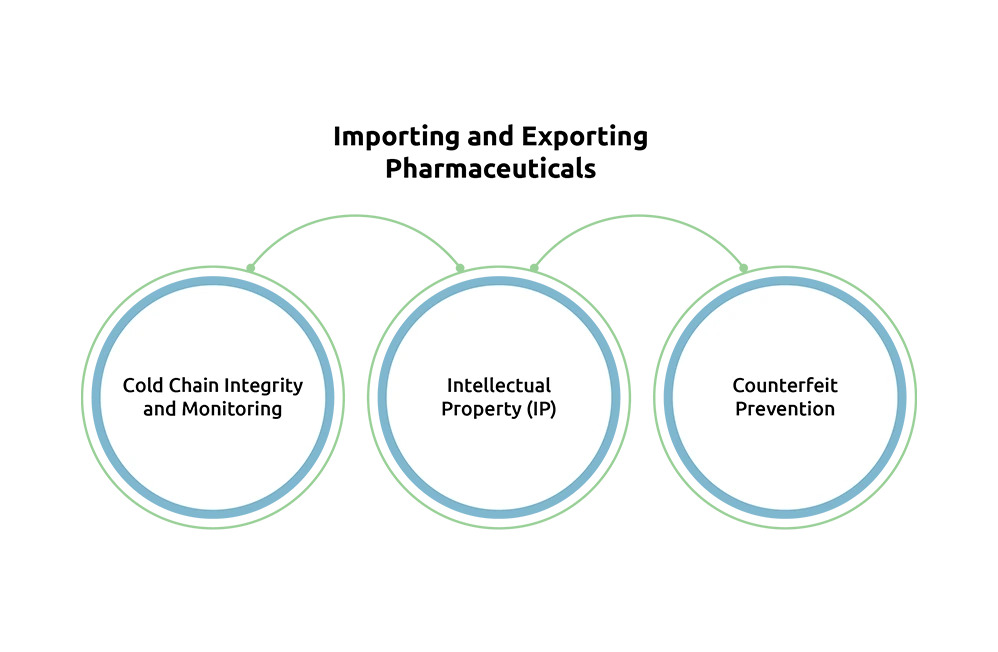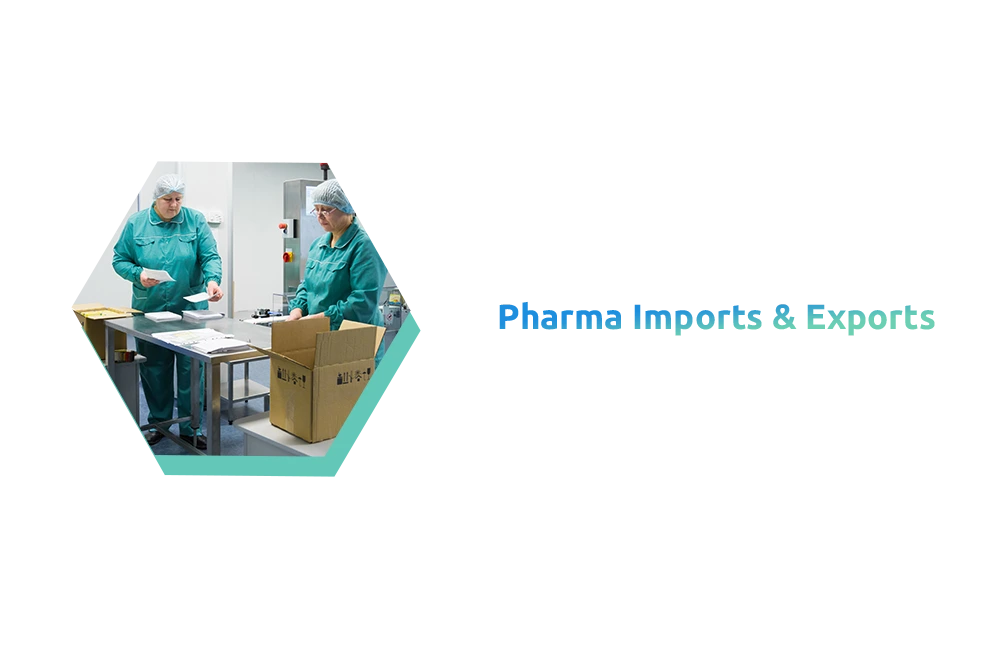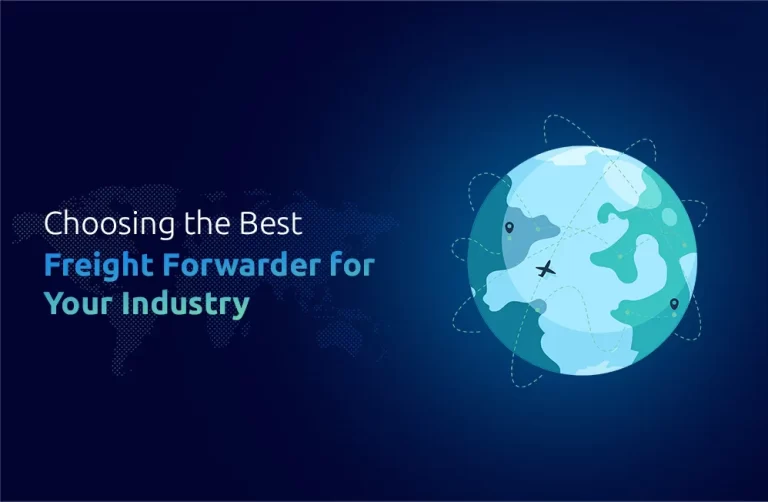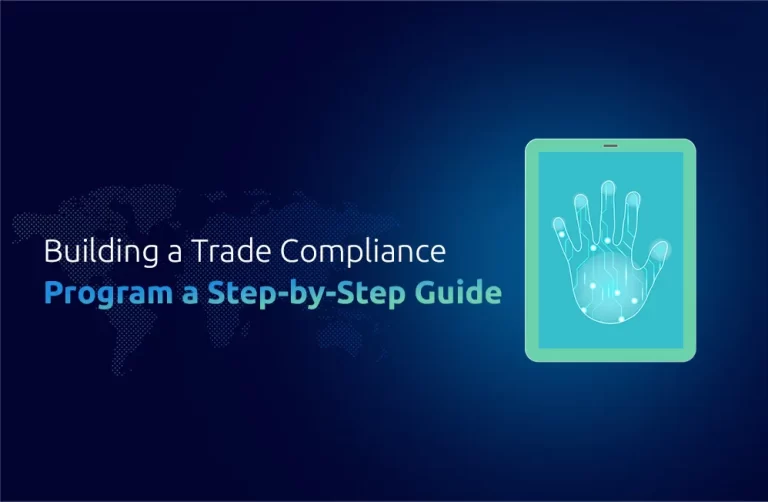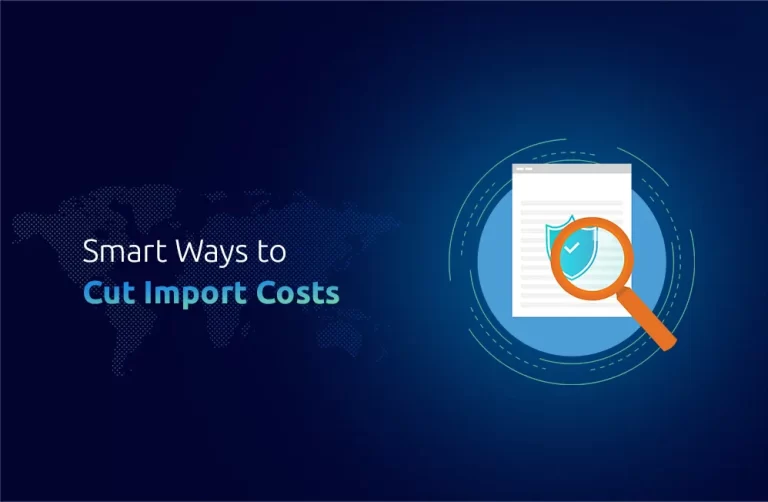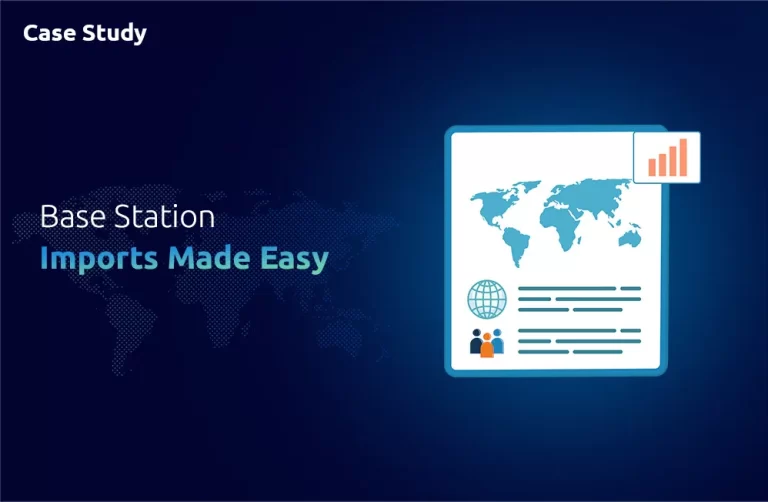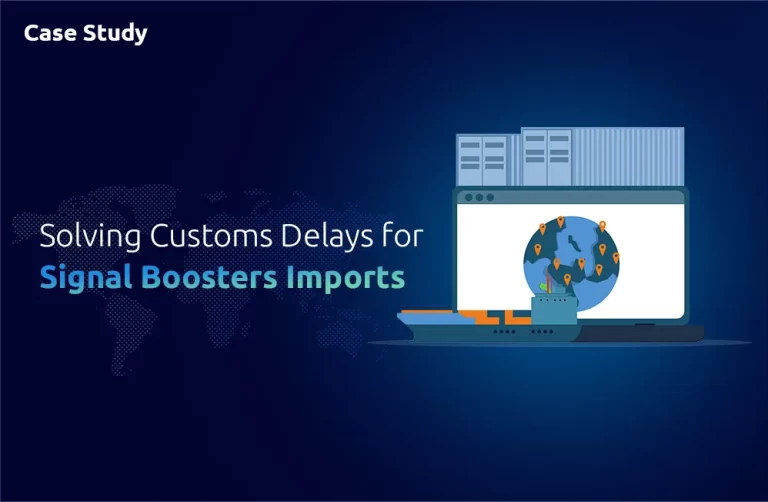Introduction
Modern equipment’s are vital to the manufacturing, testing, packaging & shipping of pharmaceuticals within today’s dynamic global pharmaceutical industry. Devices like coating machines, sterilizers, tablet presses, capsule fillers, and liquid filling systems play a crucial role in guaranteeing effectiveness, accuracy, and compliance when creating pharmaceuticals.
Import/export of pharmaceutical machinery is an essential part of the medical industry, giving companies access to cutting-edge technologies while increasing operating capacities. But this process necessitates managing financial and logistical obstacles while guaranteeing compliance and negotiating regulatory frameworks – all of which require exceptional care when carried out correctly.
Compliance when Importing Pharmaceutical Equipment
There are strict laws that must be followed while importing pharmaceutical machinery. To guarantee that the pharmaceutical manufacturing process is trusted, secure, and of high quality, various nations have different standards. The US usually each of these machines has to comply with the Current Goods Manufacturing Practices (cGMP) & Food and Drug Administration (FDA) rules as well.
Similarly, each machine has to be attested with the CE mark from the European Union regarding their safety, health, and environmental standards. Imports also need hefty amounts of documentation in the form of import licenses, technical manuals, commercial invoices, and certificates of origin. Customs duties vary from one nation to another, so a firm understanding of relevant tariffs is also essential to avoid mishaps or costly delays. Collaborating with compliance experts and customs brokers can facilitate the import process while ensuring observance of all regulatory requirements.
Exporting Pharmaceutical Machines to Global Markets
Pharmaceutical Machinery Exporter faces distinctive challenges, as they must conform to the requirements of importing nations and fulfill all regulatory issues. Looking at target markets with an increasing demand for pharmaceutical equipment, such as rising economies in Africa, Asia, & the Middle East, will make sure your business has a larger audience.
The exporters must make sure that their products meet international standards, which include ISO certifications, along with the regulatory obligations of the importing nation. Customs clearance, for example, is also dependent on technical documentation and correct labeling; therefore, a shipment must provide the required documents to be accepted at the border.
In addition to this, good packaging also protects machines from damage while traveling as they always reach the destination intact. Collaborating with freight forwarders and logistics companies may facilitate exports and keep the customers happy.
Managing Logistic for Pharmaceutical machinery
Transporting equipment is a complex task, especially in the case of pharmaceutical machines, which tend to be large, fragile, and costly. Given the need to protect against damage from temperature fluxes, climate-controlled shipping is almost always required, while delicate manipulation of handling is also needed to prevent mechanical issues.
Collaborating with trusted freight forwarders can lower the risks related to transit delays or damage. Using cutting-edge technology such as blockchain and IoT can also play a role in improving clarity within the supply chain by allowing for real-time shipment tracking and ensuring any potential issues that may surface are promptly addressed. Timely delivery of machinery is as important as safeguarding the equipment in transit itself, which makes efficient logistics an essential part of international trade, strengthening trust and reliability.
Quality Assurance in Pharmaceutical Machines
When it comes to your pharmaceutical machines, quality is of utmost importance because attracting performance affects how well you produce drugs and ensures the safety of the patients receiving them. Importers should perform factory audits, check with suppliers for certification like ISO 9001, or conduct pre-shipping inspections to ensure their other equipment needs will comply with industry requirements.
In contrast, exporters need to uphold strict manufacturing standards, guarantee warranties and offer strong after-sales assistance to gain the trust of foreign clients. Whether importing or exporting, companies need to put quality control first to protect their brand and build enduring partnerships in the global marketplace.
Financial and Market Considerations
Financial planning is an important part of the import and export of pharmaceutical machines/equipment because global trade involves high costs & risks with Currency exchange rates, tariffs on imports and exports, and trade finances all need to be considered by importers and exporters to improve the business processes. Notes of credit, as an advanced payment term, reduce the financial risk for both parties.
Moreover, it is also important to keep up with information on trade policy changes, geopolitical factors, and market trends that would be imperative in adjusting the dynamic global environment. By using free trade agreements to reduce tariffs, exporters can improve their competitiveness, whereas importers might consider financing solutions to manage cash flow.
Embracing Opportunities in Global Trade
However, importing and exporting pharmaceutical machines comes with its challenges and unusual possibilities. With good practices such as compliance, financing in advance logistics, and quality, the market can dictate a competitive differential for companies.
By giving access to cutting-edge technology & supporting the expansion of the pharmaceutical industry, global trade in pharmaceutical machinery can benefit buyers, sellers, and patients both locally and abroad.
Navigating Regulatory Frameworks and Trade Agreements
In addition to the challenges of compliance and logistics, navigating the intricate regulatory frameworks and trade agreements is crucial for both importers and exporters of medical machinery. Understanding the Generalized System of Preferences (GSP) can provide significant advantages, as it allows eligible products to enter certain markets with reduced or eliminated tariffs, enhancing competitiveness. Furthermore, adhering to Harmonized System (HS) codes is essential for accurate classification and compliance with customs regulations, ensuring that shipments are processed smoothly at borders. Utilizing Incoterms effectively can also clarify the responsibilities of buyers and sellers, minimizing misunderstandings during the shipping process. By leveraging these tools and frameworks, companies can streamline their operations, reduce costs, and foster stronger relationships with international partners, ultimately leading to greater success in the global medical machinery market.
Conclusion
Importing & exporting pharmaceutical equipment is a very tedious process. Still, yes, if you follow the rules and regulations along with proper logistics on wheels, it proves to be worthwhile. Be it entering new markets or procuring state-of-the-art machinery, organisations need to negotiate complex international trade systems without compromising on efficiency and dependability. With the help of compliance, technology-driven solutions, and expertise, partnering with an experienced logistics partner can help companies tackle challenges and embrace large international opportunities in pharmaceutical machinery.
One Union Solutions is a highly prominent partner in importing and exporting pharmaceutical machines.
Already successfully serving our customers with end-to-end solutions, we have crystallized our skills in regulatory navigation, obviation of logistics challenges, and facilitating on-time as well as damage-free delivery of high-value equipment. As experts in the logistics of sensitive pharmaceutical machinery, we can help you get your machines to market quickly and efficiently, with high-quality standards and customer satisfaction we are a perfect partner as globalization takes hold. One Union Solutions is here to simplify your terminology and boost your business to the next level with international trade help.
Did You Know that,
By 2028, the pharmaceutical manufacturing industry is expected to have grown from its 2023 valuation of USD 14.5 billion to USD 19.7 billion.
FAQs
Q: What are the key regulations for pharmaceutical equipment importation?
Answer: Rules differ from one country to another, but generally need to include CE marking in the EU, FDA certification and cGMP compliance in the US, use of processes for adherence to particular health and safety processes in other nations, and so forth.
Q- What paperwork is needed to import pharmaceutical equipment?
Ans: Commercial invoice, certificate of origin, packing list, import license, and technical manuals to comply with customs clearances at a faster rate.
Q- In which markets are pharma machinery exported the most?
Ans: Established markets such as Europe and North America and emerging economies such as those in Asia, Africa, & the Middle East, owing to the burgeoning demand for pharmaceutical equipment, are key destinations.
- How can companies ensure the quality of medical equipment while importing or exporting?
Ans: In order to fulfill industry standards, quality assurance entails leading pre-shipment inspections, confirming certifications such as ISO 9001, auditing factories, and upholding strict production standards.
- When it comes to relocating pharma equipment, what are the main logistical challenges?
Ans: Managing climate-controlled shipments, guaranteeing safe handling, reducing the possibility of delays or damage, & utilizing cutting-edge technologies for supply chain transparency are some of the challenges.

